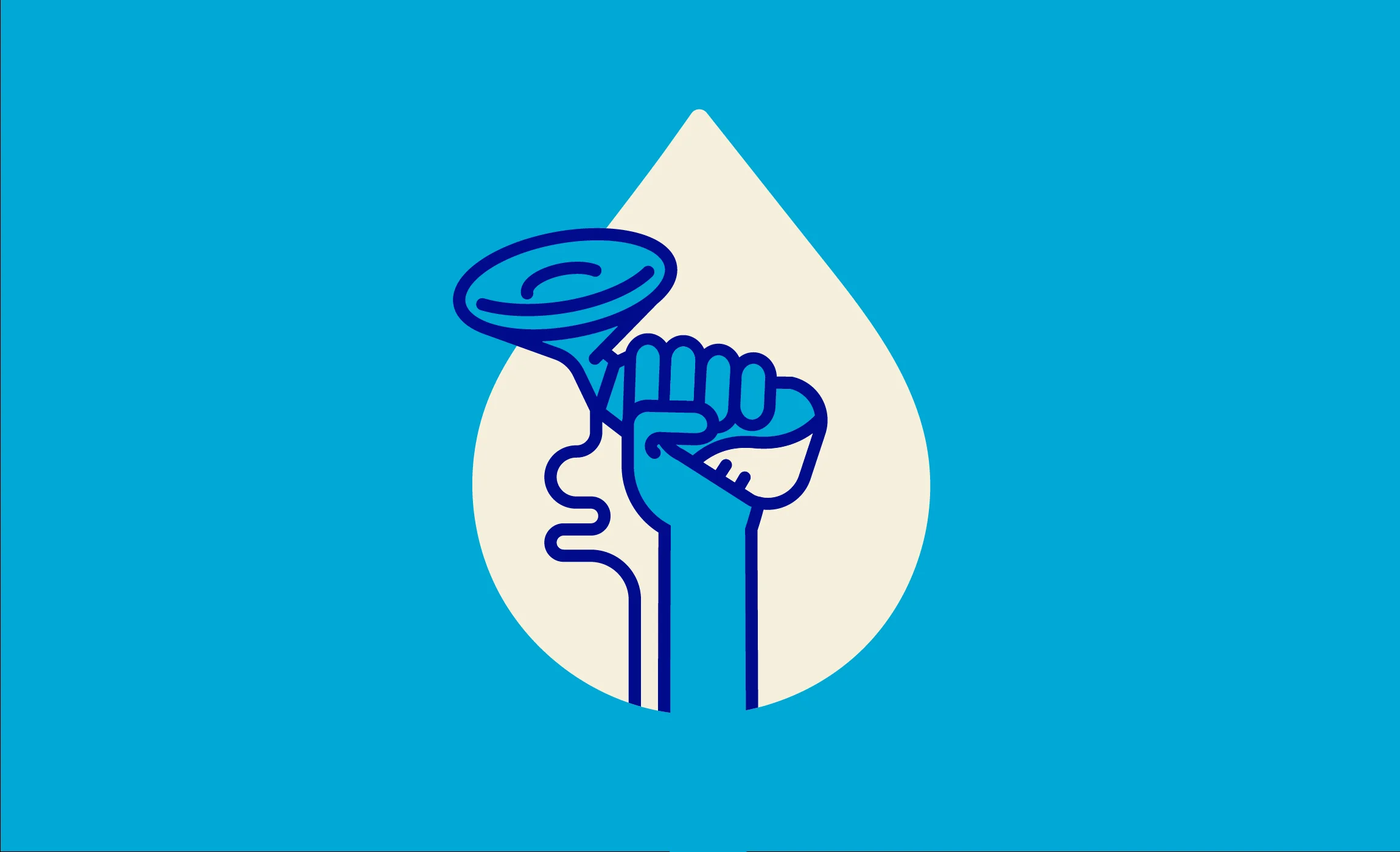Workplace Breastfeeding Discrimination: A Conversation With an Attorney
Knowing your rights as a breastfeeding employee isn’t always easy. Federal law now protects all breastfeeding workers and some states have additional workplace lactation laws that go above and beyond the FLSA PUMP for Nursing Mothers Act. To cut through the confusion, we consulted with Elizabeth Gedmark, Senior Staff Attorney at A Better Balance, a national advocacy organization for working parents. Here, Gedmark shares information about laws that protect breastfeeding employees in the workplace, what constitutes breastfeeding discrimination, and how all working parents can protect themselves.
Understand what makes a safe lactation space
As an attorney, Gedmark works in an office with a supportive employer, time to pump, and a private office to pump in. But her clients are low-wage workers with very different experiences. “It’s like night and day,” says Gedmark. Even with federal, state, and municipal laws designed to protect breastfeeding employees, many factors can impact a mother’s ability to pump at work. “It really depends on the industry,” says Gedmark. “For some industries, even if there’s a lactation space, there might be toxic chemicals and fumes.” The majority of lactation laws stipulate a private non-bathroom space, but breastfeeding employees also need spaces that are sanitary and where they feel secure.
Know your rights
It’s important for breastfeeding employees to know their rights—including any state law, their employer’s lactation policy, or their union’s collective bargaining agreement—prior to taking a maternity leave. “These laws are in place to protect you, so if you don’t know about them or don’t use them, they lose their power,” says Gedmark. Under the federal Fair Labor Standards Act (FLSA) the PUMP for Nursing Mothers Act all breastfeeding employees are legally entitled to reasonable break time and a private non-bathroom space to pump. Gedmark adds that “reasonable time” has been interpreted to mean that breastfeeding employees are entitled to take the time they need to pump.
Recognize breastfeeding discrimination
If you’re denied reasonable break time to pump at work, or a private non-bathroom space, that’s clearly workplace breastfeeding discrimination. But breastfeeding discrimination can also take other forms, such as being teased for breastfeeding, having your hours cut because you need pumping breaks, or feeling like you have no other option but to leave your job. Employers don’t always understand what pumping is, how it works, or what support breastfeeding parents need. In addition, employees in low-wage jobs often don’t have bargaining power and may be considered disposable. “We’ve seen a lot of harassment at work for pumping moms,” says Gedmark. “It can be a very vulnerable position. And women need to feel safe to achieve letdown.” All too often breastfeeding discrimination is just one more layer of discrimination women of color can face in the workplace.
Stand up for moms
Gedmark emphasizes that workplace rights are critical because economics are the base of, well, everything. “Your workplace rights are also about economic, gender, and social justice,” she says. “Laws drive culture change!” And so do working parents. Increasingly, employees in every industry are standing up for what’s right by talking with their employers about their legal lactation rights. And employers are learning what they need to do to comply with the law. If you’re the first breastfeeding employee in your workplace, you’re forging a new path for all those who will follow you.
Take action if you’ve experienced breastfeeding discrimination
If you experience breastfeeding discrimination, the first step is to know what you’re entitled to under federal law, your state’s workplace laws, your company’s policy, or your union’s collective bargaining agreement. The next step is to talk to someone you trust who’s a supervisor or in the HR department. They can help you file a form or follow the appropriate protocol in your employee manual. “Each worker is an expert in their own workplace,” says Gedmark. “At A Better Balance, we always empower people in terms of what feels right in their workplace.” Workplace conversations can resolve incidents, but if you decide to take your case to the next level, many states have a human rights or civil rights agency that can help. Gedmark recommends calling A Better Balance’s free legal hotline (1-833-NEED-ABB) for help through the process. “There’s been a lot of progress in supporting working mothers over the last decade, but there’s so much more work to do,” says Gedmark. “I hope these issues aren’t ones my children will ever have to face.”
Need help? Contact A Better Balance’s free legal helpline: 1-833-NEED-ABB.
Mamava designs solutions to empower breastfeeding and pumping parents on the go, like our freestanding lactation pods, Mamava’s lactation space locator app, and other helpful resources.
More parent resources


















